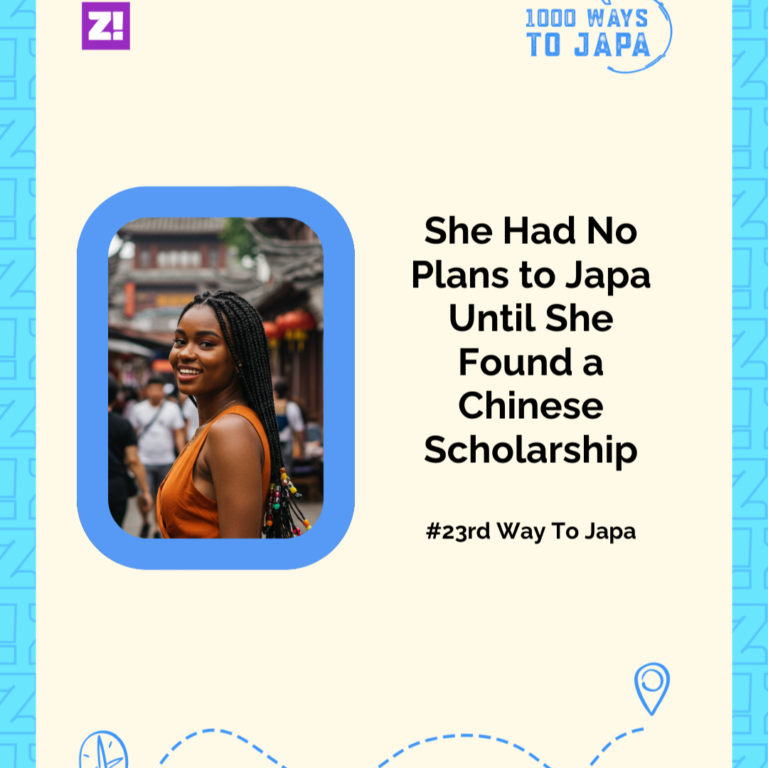A wise man once said, “If they explain Nigeria to you and you understand, they didn’t explain well” – by the time you read this article to the end, you’ll be able to confirm that no truer words have been spoken in the history of mankind.
Some things don’t make sense about Nigeria, especially some of the “empowerment” initiatives our politicians have pulled off in recent years. From “stomach infrastructure” to bleating goats, here’s a list of the weirdest things Nigerian politicians have done in the name of empowerment (warning – prepare to lose two brain cells per paragraph).
Goats (Kano state)
We are used to Nigerian politicians offering women the barest minimum masked as empowerment programs. But I’ve never imagined we’d see a day when a politician would empower women with goats – three bleating goats.
On Tuesday, January 21, the Kano government distributed 7,158 goats to women in rural areas to improve their “economic well-being.” Each beneficiary got two female goats and one male goat (because reproduction is key), which the government hopes will turn into a goat empire in the future. The interesting part about this empowerment project is that it cost ₦2 billion.
Ropes (Benue state)
When people say, “It’s the little things that count”, Benue state politician Hon. Daniel Ukpera must have assumed that includes ropes, too.
In 2020, Ukpera thought the best way to support the goat-rearers in his community after then-Governor Samuel Ortom banned open grazing was to donate ropes. If you haven’t made the connection yet, the ropes were supposed to help the goat-rearing community keep their goats in check. We stan a thoughtful king.
Oranges and shoe polish (Borno state)
In 2018, the former Borno State Commissioner for Higher Education, Usman Jaha, generously distributed “welfare” packages containing shoe polish, oranges and other items to youths. When people called him out on his interesting act of generosity, he said he “empowered youths based on their peculiar needs”. He has a point because nobody likes a dusty shoe or a vitamin-deficient body.
Donkey (Kano state)
If you thought a goat empowerment scheme was the worst thing that has happened in Kano, think again. In 2020, Murtala Gwarmai, senior special assistant on youth development to the state’s former Governor, Abdullahi Ganduje, “empowered” about 40 youths with donkeys, building blocks, roofing sheets, motorcycles, bicycles and other items. In his defence, that’s what the youths asked for.
Rice (Ekiti state)
Rice has been the solution to every Nigerian problem since 2015, when Ekiti State’s former governor, Ayo Fayose, started his “stomach infrastructure agenda.” While the agenda lasted, he shared everything from rice, milk, groundnut oil, beverages, and stock cubes because “developed society” is for those who have finished eating.
Why does this matter?
As ridiculous as these empowerment programs sound, they gulp billions of naira yearly. In the 2024 budget, for instance, the federal government reportedly allocated N732 billion to vague empowerment programs that were difficult to track. For a country that owes over N130 trillion, this trend contributes to the economic challenges regular Nigerians face. The amount of money the government spends on these programs can impact real lives if they are channelled to better empowerment schemes across significant sectors like education, agriculture and technology. In the words of another wise Nigerian – why give people goats and rice when we can equip them with the skills and resources that are more sustainable in the long run?
News is boring, but we make it fun. Subscribe to The Big Daily to be the first to know the day’s biggest news.




